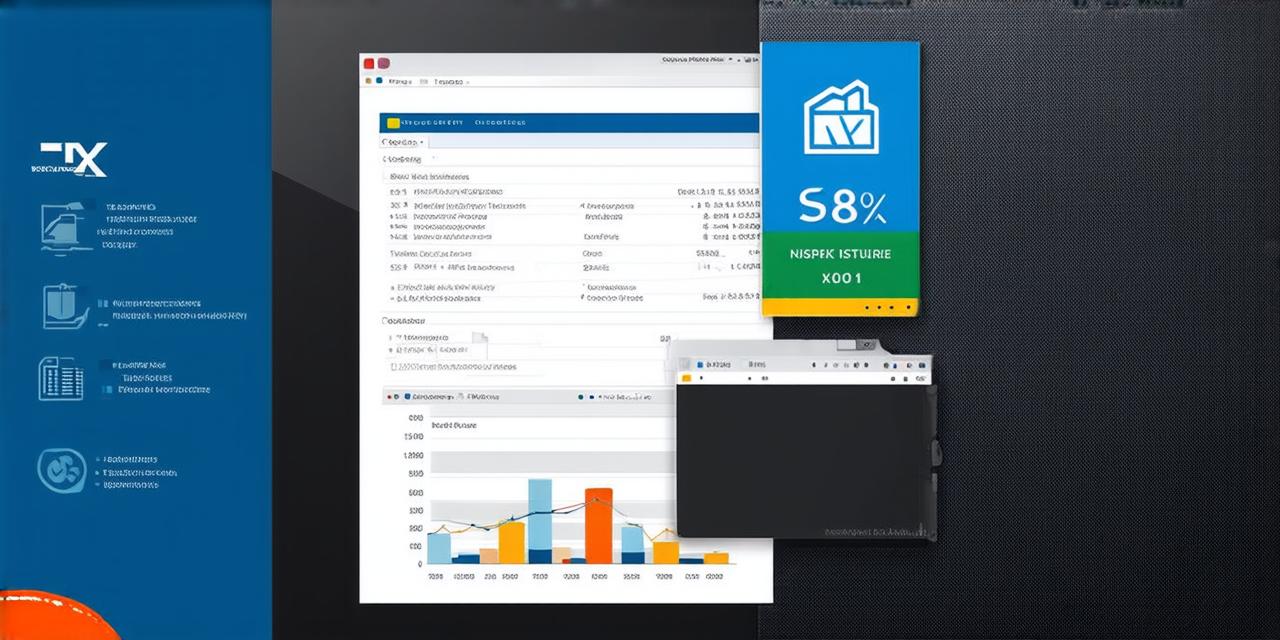Defining Software Outsourcing: A Brief Overview
BlogTable of Contents
ToggleBenefits of Software Outsourcing
There are several advantages to outsourcing software development and management tasks:
- Cost savings: Outsourcing can help organizations reduce their overall IT costs by leveraging the lower labor costs and specialized skills of an external partner. This can also lead to reduced overhead costs, such as equipment and office space.
- Increased efficiency: Outsourcing allows companies to focus on their core business activities while leaving software development and management tasks to experts. This can help streamline operations and increase productivity.
- Access to specialized skills: Outsourcing can provide access to specialized skills and expertise that may not be available in-house. This can lead to more innovative and effective software solutions.
- Flexibility: Outsourcing allows organizations to scale their software development and management resources up or down as needed, providing greater flexibility and agility in response to changing business requirements.

Challenges of Software Outsourcing
While outsourcing can offer many benefits, there are also several challenges that organizations must consider:
- Communication and coordination: Effective communication and coordination between the client and partner are critical for successful software development and management. Misunderstandings or delays in communication can lead to missed deadlines, budget overruns, and poor quality software.
- Quality control: Ensuring that the software developed by the partner meets the required standards and specifications can be a challenge. This requires effective quality control processes and regular monitoring of the partner’s performance.
- Intellectual property (IP) rights: Organizations must carefully consider their IP rights when outsourcing software development and management tasks. They should ensure that they retain ownership of their intellectual property and that their partners sign non-disclosure agreements to protect sensitive information.
- Cultural differences: Organizations must be aware of these differences and take steps to address any potential issues.
Key Considerations for Choosing the Right Partner
When choosing a software development and management partner, organizations should consider the following key factors:
- Expertise and experience: The partner should have a proven track record in developing high-quality software and managing software projects. They should also have expertise in the specific technologies and frameworks that the client requires.
- Communication and coordination: The partner should have effective communication and coordination processes in place to ensure smooth collaboration with the client. This includes regular updates on progress, open and transparent communication, and a willingness to address any issues that arise.
- Quality control: The partner should have rigorous quality control processes in place to ensure that the software developed meets the required standards and specifications. They should also be able to provide evidence of their quality control processes and be willing to address any issues that arise.
- Intellectual property rights: Organizations must carefully consider their IP rights when outsourcing software development and management tasks. They should ensure that they retain ownership of their intellectual property and that their partners sign non-disclosure agreements to protect sensitive information.
- Cultural differences: Organizations should be aware of cultural differences between themselves and potential partners and take steps to address any potential issues.
Summary
Software outsourcing can be a powerful tool for organizations looking to improve their software development and management capabilities while reducing costs and increasing efficiency.
